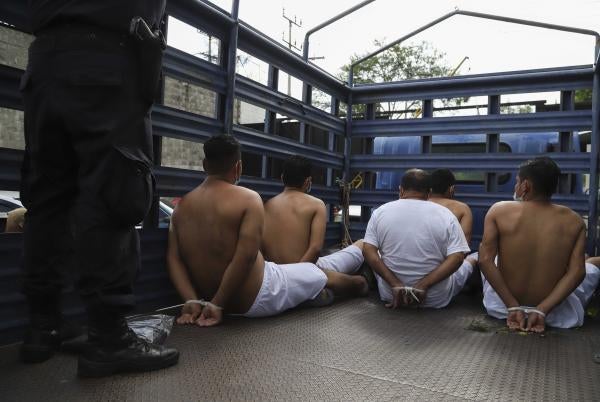Last week, we related a story from a friend in the US, who was out shopping with her daughter, when someone – clearly riled up by the words of leading politicians and pundits these days – aggressively accosted them for speaking Spanish.
The mother chose to not rise to the aggression and walked away, but later, she wondered if she did the right thing.
With her consent, we asked readers, listeners, and viewers what they thought she should have done.
We received many emails and comments on Facebook, LinkedIn, Mastodon and Instagram. Here’s a summary…
First, there was general disgust and outrage at the interrupter’s actions and what it said about the direction the US was heading.
Many related their own, similar experiences – in the US and elsewhere. More than one mentioned verbal, anti-immigrant abuse they received or witnessed in public in England after Brexit.
Some thought the mother should have said something, because “our silence empowers bullies.” They said she should have replied with either something clever and snarky, or something calm and measured.
Others felt trying to explain things to the ignorant interrupter in any form could lead nowhere good.
One email correspondent wrote: “I doubt you would make it past the second sentence before a shouting match started. And that would persuade nobody. (Remember the last time a shouting match ended with one side saying: ‘I see your point, I was wrong, sorry.’? Neither do I.)”
Most also recognized the greater risks this would entail: a verbal confrontation could lead to a physical one.
“The aggressor in this case is so filled with hatred that arguing with them makes no sense, and might well lead to violence.”
Still, some felt the situation merited putting the offending person to rights somehow, though they admitted it would be easier if they were in a group of adults, rather than a mother alone with a child.
Some suggested the mother should have threatened to call the police. However, others rightly pointed out that the police are not generally trusted by a lot of people in the US, particularly immigrant communities and particularly right now.
Amid the anti-immigrant hysteria fanned by politicians and pundits, and with ICE raids spreading, indeed, calling the police could just as easily turn on the person reporting harassment or agression in public.
The current situation is such that some immigrants – including citizens – are afraid to even send their kids to school or go to church or the hospital. So, the sad fact is, many folks cannot rely on the authorities, including the local police, to do what’s right.
Others thought the mother’s caution was the best path, because the immediate safety of her daughter should be the priority in the face of possible threats. It was “understandable” in the circumstances.
“I think the mother's response here is the wisest … you can’t argue with people that are that far gone.”
Following the Daily Brief story, Almaz Teffera, HRW’s researcher on racism in Europe, offered an analysis of incidents like this, in Europe and the US, and how people might respond. Her LinkedIn post is worth quoting at some length as the last word on this for today…
“It really depends on the threat that I’m exposed to in case of reaction, the surroundings/context, how I feel that moment and maybe if I’m alone or with someone else/in a group. As mentioned, the hatred that’s out there against racialized people or perceived ‘bad’ immigrants is unimaginable and only growing/getting bolder.”
“I feel this is a call on allies—new and old ones—to stand with those at risk. To listen and trust when affected people say that a word is offensive (even if it’s been used for centuries—tradition isn’t an excuse for racist slurs), speak up, educate your surroundings etc.”
“It’s tiring for people who are directly impacted. While it’s my job too—literally and because I’m an activist at heart—I also sometimes feel I need to take a breather. We need to give ourselves space to take a step back because the pressure and threats would otherwise consume us.”
“What Andrew’s video illustrates though is that these are daily situations for affected people. Easy steps are: stand together, support one another and create new partnerships. These are trying and hard times, so we need to come together to hold those in power to account.”







